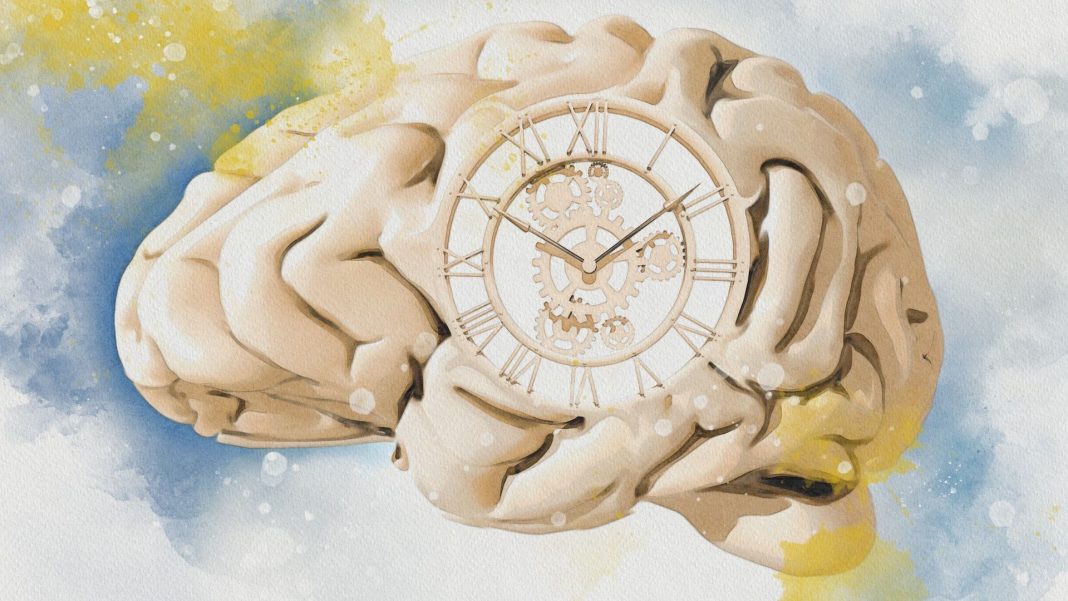Ever caught yourself exclaiming, “Where did the year go?!” It’s a universal sigh that seems to grow louder with each passing birthday. As kids, summer holidays stretched into an eternity, and Christmas felt like a distant planet. Now? It feels like we blink and another decade has flown by. If you’ve ever wondered why time seems to hit the fast-forward button as we age, you’re in good company. And guess what? A new study explains why this isn’t just a feeling – it’s a fascinating quirk of our brains and our experience of life.
The Relative Scale of Time
One of the core ideas researchers highlight is the “proportional” effect. Think about it: when you’re five years old, a single year represents a whopping 20% of your entire life experience. That’s a huge chunk! Every season, every holiday, every school year feels significant and stretches out because it’s such a large fraction of what you’ve known. Now, fast forward to being fifty. A year, while still a year, now represents only 2% of your life. Suddenly, it feels like a much smaller slice of the pie, almost fleeting.
“Our perception of time isn’t just a linear measurement; it’s deeply subjective and tied to our accumulated memories and experiences,” explains Dr. Anya Sharma, a cognitive psychologist we recently spoke with. “As we age, each unit of time becomes proportionally smaller in relation to our total lived duration, making it feel like it passes more quickly.” This simple yet profound shift in perspective plays a huge role in why the clock seems to spin faster as we add more candles to the cake.
The Power of Novelty and Memory
Another compelling reason lies in how our brains process new information and form memories. When we’re young, everything is a “first.” First bike ride, first day of school, first crush. These novel experiences are rich in detail, stimulation, and emotional significance, forcing our brains to work harder to process and store them. This intense cognitive engagement makes time feel stretched because there’s so much happening to mark its passage.
As we get older, life often settles into routines. Commutes, work tasks, household chores – while important – become habitual. Our brains are incredibly efficient and tend to gloss over repetitive experiences, creating fewer new, distinct memories. If you have fewer unique memory markers along your timeline, it feels like time has passed more swiftly when you look back. It’s like watching a movie with fewer scene changes; it just seems to zip by.
Routine vs. Richness
This “memory density” theory suggests that the more new and varied experiences we have, the more our brains create detailed records, making time feel fuller and longer in retrospect. Conversely, a life filled with predictable routines can lead to a compressed sense of time. This isn’t to say routines are bad, but understanding this mechanism can help us enrich our later years.
So, next time you feel time slipping through your fingers, remember it’s a natural phenomenon explained by how our brains interpret our journey through life. It’s a reminder to embrace new experiences, challenge routines, and savor those moments that create rich, lasting memories. Maybe that next adventure isn’t just for fun, but for slowing down time itself!




